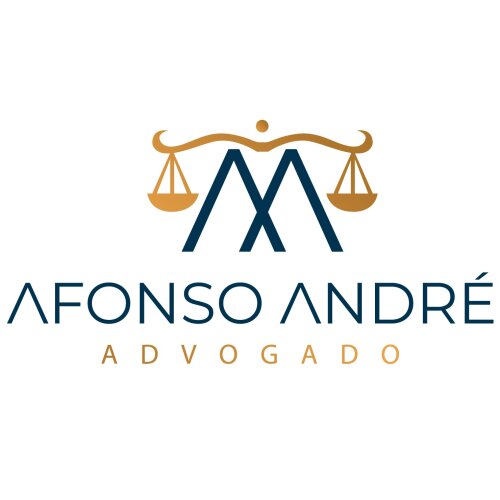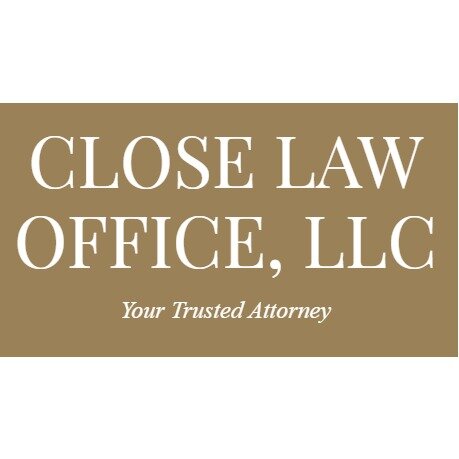Best Criminal Litigation Lawyers in Angola
Share your needs with us, get contacted by law firms.
Free. Takes 2 min.
Or refine your search by selecting a city:
List of the best lawyers in Angola
About Criminal Litigation Law in Angola
Criminal Litigation in Angola involves the legal process and proceedings associated with crimes that are defined under Angolan law. It covers the prosecution of criminal acts and the defense of individuals accused of crimes. The Angolan legal system is primarily influenced by civil law traditions, and criminal proceedings are governed by the Criminal Procedure Code of Angola. The public prosecution service plays a crucial role, working independently to ensure justice is served. The judicial system is comprised of various courts with differing jurisdictions, including the Supreme Court, Provincial Courts, and Municipal Courts, which handle a range of criminal cases.
Why You May Need a Lawyer
There are several scenarios where individuals may find themselves in need of legal assistance in criminal litigation:
- Being accused of a crime: If you are charged with a criminal offense, you require legal representation to ensure your defense is conducted properly.
- Victims of crime: Legal help is also crucial for victims seeking justice or restitution.
- Understanding the legal system: Navigating Angola's legal system can be complex, and a lawyer can provide guidance and clarity.
- Plea bargaining: Lawyers aid in negotiating plea deals with prosecutors if applicable.
- Appeals: For those seeking to challenge a conviction or sentence, legal expertise is essential.
Local Laws Overview
The Angolan legal framework relevant to criminal litigation is primarily encapsulated within the Penal Code and the Criminal Procedure Code. Key aspects include:
- Definition and classification of crimes, ranging from minor offenses to serious felonies.
- Rights of the accused, such as the right to a fair trial, to remain silent, and to legal representation.
- Procedures for arrest, investigation, and trial, which are designed to ensure due process.
- Sentencing guidelines, which specify penalties like imprisonment, fines, and other legal measures.
- Provisions for appeals and reviews of court decisions.
Frequently Asked Questions
What should I do if I'm arrested?
Stay calm and request to speak with a lawyer before answering any questions. It is your right to remain silent until your attorney is present.
How are lawyers appointed in Angola for criminal cases?
If you cannot afford a lawyer, the state may provide one. You can also hire private legal representation.
What types of crimes are investigated by the Angolan authorities?
Crimes ranging from theft and assault to more serious offenses like homicide and corruption are investigated.
Can I appeal a criminal conviction?
Yes, you have the right to appeal decisions or sentences through the appropriate legal pathways, often within a specified timeframe.
How long does a criminal case typically take?
Duration varies depending on the complexity of the case and court workload, ranging from weeks to several months or more.
What role does the Public Prosecutor's Office play?
The Public Prosecutor's Office represents the state and is responsible for bringing charges but also ensuring the legality of sentencing and detention processes.
Is it possible to settle a criminal case out of court?
For some cases, particularly minor offenses, alternative dispute resolutions or plea bargains may be possible.
What are my rights during a criminal trial?
You have the right to a lawyer, to a fair and public trial, to remain silent, and to question witnesses, among others.
What evidence is typically used in criminal cases?
Evidence can include witness testimony, forensic evidence, documents, and electronic records, depending on the specifics of the case.
Can a criminal case affect my civil rights?
Yes, a conviction may have implications for your civil rights, including voting or employment opportunities, depending on the offense.
Additional Resources
For further assistance, consider reaching out to the following:
- Ministry of Justice and Human Rights: Offers guidance and resources related to legal rights.
- Bar Association of Angola: Provides information on finding legal representation.
- Legal Aid services: Offer support for those unable to afford legal representation.
- NGOs focused on legal rights, which may offer advisory services and advocacy.
Next Steps
If you require legal assistance in criminal litigation, the following steps are recommended:
- Contact a qualified lawyer who specializes in criminal law.
- Gather all relevant documents and information pertaining to your case.
- Prepare for consultations by listing any questions or concerns you may have.
- Follow legal advice carefully and keep communication open with your legal representative.
Seeking professional legal advice early can significantly influence the outcome of your case in a positive way.
Lawzana helps you find the best lawyers and law firms in Angola through a curated and pre-screened list of qualified legal professionals. Our platform offers rankings and detailed profiles of attorneys and law firms, allowing you to compare based on practice areas, including Criminal Litigation, experience, and client feedback.
Each profile includes a description of the firm's areas of practice, client reviews, team members and partners, year of establishment, spoken languages, office locations, contact information, social media presence, and any published articles or resources. Most firms on our platform speak English and are experienced in both local and international legal matters.
Get a quote from top-rated law firms in Angola — quickly, securely, and without unnecessary hassle.
Disclaimer:
The information provided on this page is for general informational purposes only and does not constitute legal advice. While we strive to ensure the accuracy and relevance of the content, legal information may change over time, and interpretations of the law can vary. You should always consult with a qualified legal professional for advice specific to your situation.
We disclaim all liability for actions taken or not taken based on the content of this page. If you believe any information is incorrect or outdated, please contact us, and we will review and update it where appropriate.
Browse criminal litigation law firms by city in Angola
Refine your search by selecting a city.















